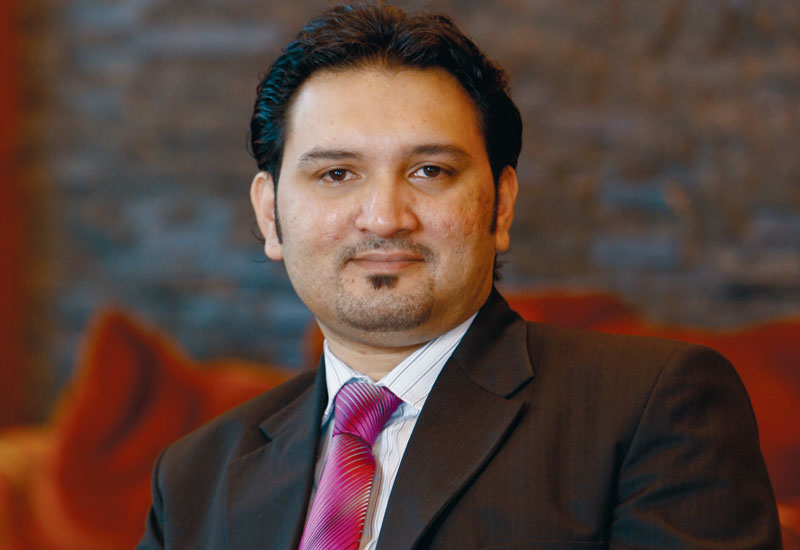How do you familiarise yourself with new technologies? Do hotel operators provide adequate financial support for personal development in this area?
MB: It’s more a case of scratching your head and working it out yourself.
HS: Everyone looks at the IT department when discussing budgets; if they need to make a cut they will cut the IT department’s budget. They squeeze the IT budget and forget about all the other departments.
MN: It’s difficult to get approval from finance for anything. We need to build a case study on why we need to purchase a particular part or why we need to go to a certain exhibition.
MB: We have to go to finance, then the general manager.
RT: It’s much easier to go to the general manager first, then to finance. I always find it easier to convince him than the finance department.
MN: That’s because most GMs are aware of the importance of technology. Finance does not look at anything other than digits and they have their hands tied because the system they base their judgments on is telling them that we are a non-profit department.

Advertisement
So if the hotel is not supporting you financially, how do you obtain the necessary training to keep up to date with new technologies and trends to stay ahead of guests’ growing demands?
RT: When a new system is implemented, suppliers provide basic training on the system.
HS: But we need to take courses and see the latest trends. Hotels won’t spend money on the IT department. Hotels will spend thousands to send general managers on a marketing exhibition in the USA for example, which doesn’t have any tangible benefits. However, if you request to go to an exhibition, even an overnight stay in Dubai, you’d have a lot of questions and your request might be rejected.
RT: You’re right, but I disagree in one part. At Rotana, IT is driven through the corporate office to the IT managers at each property through the group’s vice president of IT.
HS: But it’s still important for each hotel IT manager to attend. Did you attend GITEX, did you attend the new generation technology show in Singapore and did you go to the Las Vegas IT show?
RT: The vice president attended.
HS: It needs to be the IT manager who is aware of operations and requirements for his hotel. I’ve been in a regional position and I know that the IT VP does not represent all the hotels. He does not know all the needs of every single property. We sometimes have a lot of challenges and the solution could be a small part for US $200, but you need to know about the part. For example, we had a problem in the guestrooms; the HDTV was somehow bending to the right. I found a $100 motorised part that can be connected to the screen and can be adjusted for the correct angle.
I would not have known about that part unless I was at the exhibition. A VP might have seen the same part, but he would not be interested because he does not know that one hotel in the UAE has that particular problem.
The Hotel Technology Middle East conference was launched in November in Dubai. What is your impression of technology exhibitions in the Middle East?
SE: It is getting very commercial. A lot of these shows have lost their spirit. A long time ago there would be lots of benefits from going to IT conferences, but now they are often just a channel for suppliers to approach you. The first thing you receive is the meetings schedule from suppliers. They are just there to collect business cards so they can call you later on.
RT: Then they call you to offer you products that you already have. They don’t investigate the company before they approach it.
MB: But you can find some good vendors and partners to work with.









 Search our database of more than 2,700 industry companies
Search our database of more than 2,700 industry companies









